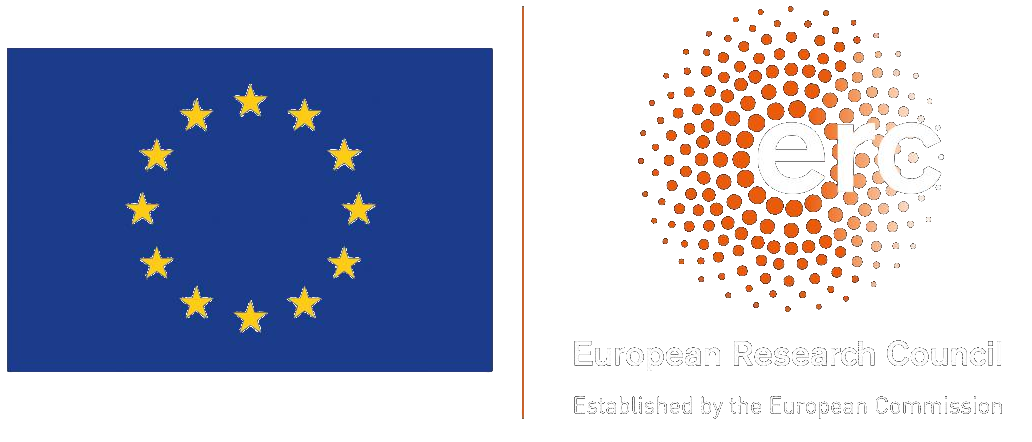Two-thirds of the Earth’s surface is covered by marine waters. This vast marine ecosystem is vulnerable to anthropogenic stressors such as pollution, overfishing, plastics and ocean acidification. Such unsustainable use of our seas is threatening the fragile balance of marine ecosystems. For instance, across all of Europe's regional seas, only 7 % of marine species assessments indicate 'favourable conservation status'. Effects of climate change add to the cumulative impacts. The EU-funded ATLANTIS project will develop a model for quantifying impacts on ecosystem service losses, as well as impacts of marine plastic debris and of marine invasive species within the life cycle assessment framework. The findings will help ensure sustainable marine ecosystem management.
Marine ecosystem lifecycle model incorporates human factors
Objective
The marine ecosystem covers around 70% of the planet. Today, every single part of this vast ecosystem is affected by at least one anthropogenic driver of change. This fact should cause us to pause and think: such a huge space, yet habitat and species loss are occurring at an unprecedented rate. The marine ecosystem provides us with a wealth of services and has an economic value exceeding 20 trillion US Dollars. In addition, the marine ecosystem is considered crucial for our sustainable future and is often regarded as the “next economic frontier”.
However, despite its importance for humankind, the marine ecosystem is significantly underrepresented in sustainability research. We currently have no holistic approach to quantify the impacts caused by a large number of human pressures in the marine ecosystem. A powerful tool for identifying such impacts is life cycle assessment (LCA). LCA is the best available tool to assess potential environmental impacts of products and processes in a comprehensive way. However, methods have never been properly developed for including marine impacts in LCA results.
I will contribute to closing this substantial research gap by developing novel models for quantifying impacts on ecosystem service losses (“whales”), as well as impacts of marine plastic debris (“waste”) and of marine invasive species (“sea walnuts”) within the LCA framework. These models will be developed based on impacts on species richness and ecosystem service potential. Including ecosystem services will be a paradigm extension and a substantial advancement for the LCA framework. All models will be tested in an overarching case study.



